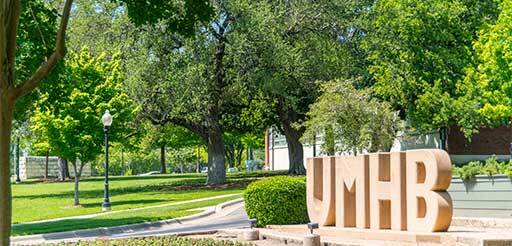Pre-Clinical Phase
Curriculum Outline 2024
SPRING SEMESTER, 1ST YEAR |
19 HRS |
|---|---|
PAMS 6191 Basic Fundamentals of Medical Science |
1 |
PAMS 6320 Human Anatomy I |
3 |
PAMS 6220 Human Physiology I |
2 |
PAMS 6325 Patient Assessment and Counseling I |
3 |
PAMS 6210 Pharmacotherapeutics I |
2 |
PAMS 6215 Laboratory Medicine and Diagnostic Studies |
2 |
PAMS 6640 Clinical Disease and Prevention I |
6 |
SUMMER SEMESTER, 1ST YEAR |
18 HRS |
|---|---|
PAMS 6321 Human Anatomy II |
3 |
PAMS 6221 Human Physiology II |
2 |
PAMS 6326 Patient Assessment and Counseling II |
3 |
PAMS 6211 Pharmacotherapeutics II |
2 |
PAMS 6216 Laboratory Medicine and Diagnostic Studies II |
2 |
PAMS 6540 Clinical Disease and Prevention II |
5 |
PAMS 6101 Physician Assistant Profession |
1 |
FALL SEMESTER, 1ST YEAR |
20 HRS |
|---|---|
PAMS 6327 Patient Assessment and Counseling III |
3 |
PAMS 6212 Pharmacotherapeutics III |
2 |
PAMS 6217 Laboratory Medicine and Diagnostic Studies III |
2 |
PAMS 6930 Clinical Disease and Prevention III |
9 |
PAMS 6240 Mental Health |
2 |
PAMS 6250 Clinical Skills |
2 |
Page last updated February 28, 2024



